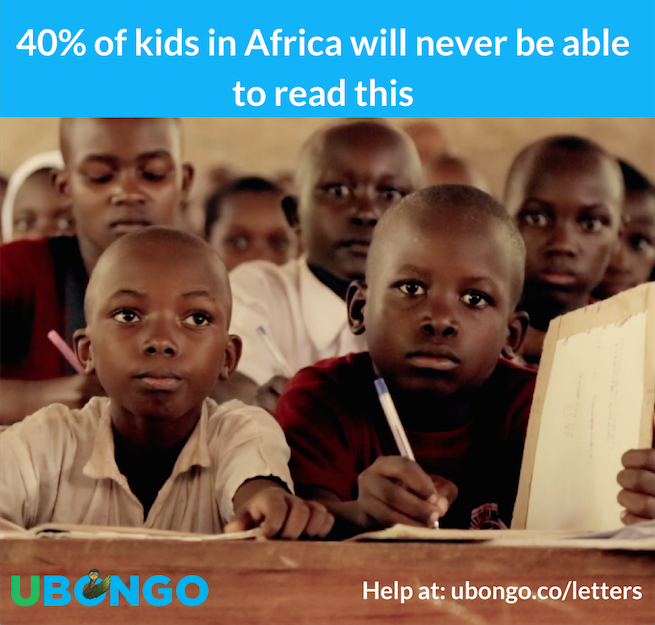African children are capable of extraordinary things.
Four decades ago this month, about twenty thousand black schoolchildren risked their lives and demanded a better quality education from the apartheid government in South Africa.Their protests focused on the racist school curriculum and on the right to be taught in their native languages. What ensued next were two weeks of bloodshed, chaos, and loss — hundreds of people were shot and killed, and many more were injured. A revolution had started.

The most famous photo from the Soweto Uprising. Mbuyisa Makhubo is carrying the dying Hector Pieterson (13) and Hector’s sister, Antoinette, is running beside him.
Photo courtesy of Robert Cutts
The Soweto Uprising, as history calls it, not only helped strengthen the anti-apartheid movement but also brought to the world’s attention the atrocities that the South African government was committing against its people and children.
In 1991 the African Union designated the first day of the protest, June 16th, Day of the African Child, to honour the sacrifice that those South African children made in 1976, and to make a commitment to the rights of all African children. On this day, people across the world contemplate the state of children in the continent. So, 41 years after the Soweto Uprising, one has to wonder, has education improved for children in Africa?
These 7 statistics show that there is still plenty of work to be done.
- According to the Unesco Institute of Statistics, at least half of the children in sub-Saharan Africa are not in school, this includes:
- Over 20% of children between the ages of about 6 and 11
- Over 30% of youth between the ages of about 12 and 14
- Almost 60% of youth between the ages of about 15 and 17

A primary school classroom in Dar es Salaam, Tanzania
2. In 2014 the World Bank reported that the average student to teacher ratio in Africa was 23.754. However, as of 2017 in countries like Tanzania, there are on average 117 kids being taught by 1 teacher at the pre-primary level.
3. Across sub-Saharan Africa,
“23% of girls are out of primary school compared to 19% of boys. And by the time they become adolescents, the out of school rate for girls is 36% compared to 32% for boys”. (Unesco)
4. In sub-Saharan Africa, less than 10% of children who enrol in primary school education will make it to university. Kids in Western Europe and North America are 10 times more likely to receive a higher education. (Brookings Institute)
5. The first couple of years of a child’s life greatly determines their development later on, including their success in school and ultimately as an adult. According to the Africa-America Institute, globally, 8 of the 10 countries with the lowest pre-primary enrolment rates are in sub-Saharan Africa.
6. After graduating from primary school, many students struggle to attend secondary school. Across the continent, secondary schools can accommodate only 36 percent of students who qualify. Further, access to secondary school is even more limited for people living in rural areas. (Africa — America Institute)

7. More kids in Africa than ever before are enrolled in school, however, 40% of them will learn so little that they will leave school without basic education and grow up to be illiterate.
Technology can help solve Africa’s education challenges
While there is still a lot to be done to educate kids in Africa, the rapid development of technology and the increased availability of relatively cheap internet has opened up new avenues of learning in the continent. For instance, Ubongo, a Tanzania-based social enterprise that creates fun localised edutainment has become the continent’s largest classroom. Their research-based educartoons reach African families through the technologies they already have access to; they air on TV and radio stations in more than 30 African countries and are watched by over 5 million people in East Africa alone.
[embedyt] https://www.youtube.com/watch?v=q-udsnjVkfE[/embedyt]
Improving education in Africa is investing in the future
The future belongs to the young, but especially in Africa where nearly 50% of the population is under the age of 15, making it the world’s most youthful continent. As a result, it’s not uncommon for government officials, African parents and even foreign experts to say that “the youth of Africa will solve some of the continent’s most challenging problems”. But this can only be true if we invest in educating African children today.
Take this small action and impact millions of children in Africa…















